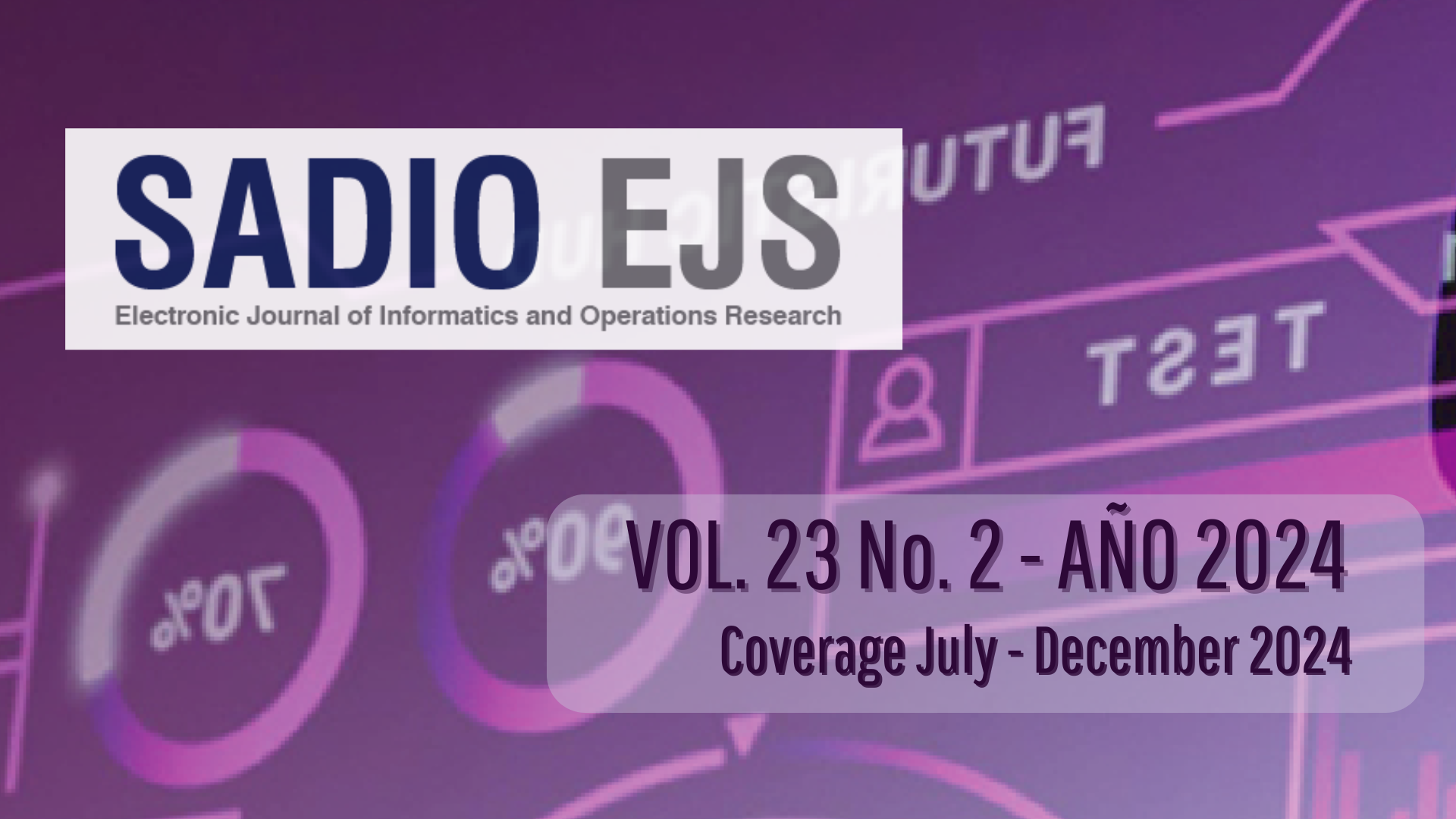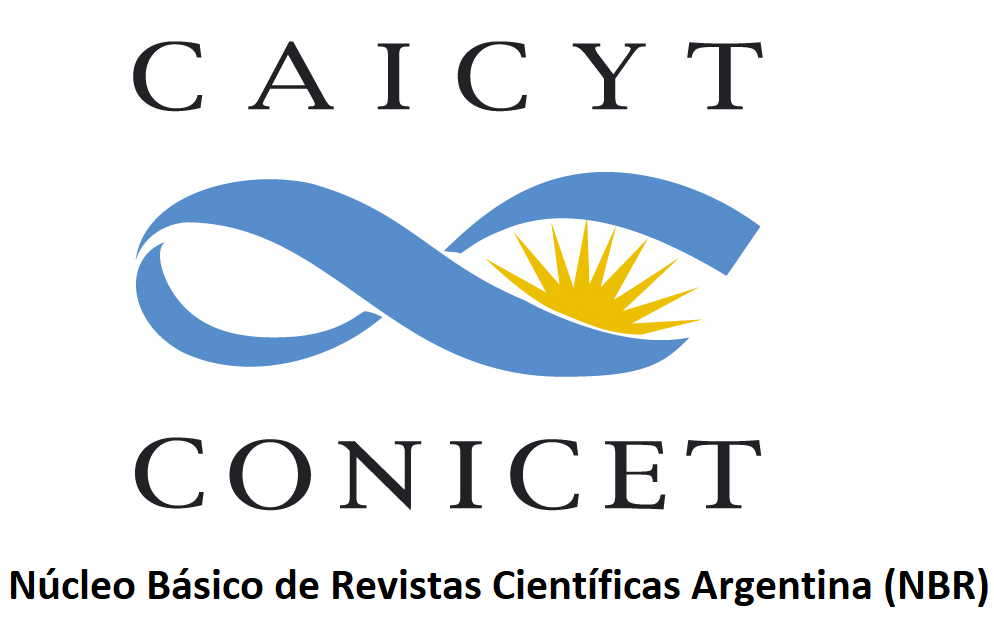Inteligencia Artificial: Una mirada crítica al concepto de personalidad electrónica de los robots
Resumen
El desarrollo de la inteligencia artificial1 (IA) ha detonado preocupaciones en diversos sectores de la sociedad, esto pone de manifiesto la necesidad de regular el uso y desarrollo de esta tecnología, independientemente de su apariencia –sean robots o algoritmos–, e indistintamente de los dispositivos en los que opera, así como del grado de inteligencia que presente, ello, con la intención de proteger a los humanos de las posibles repercusiones en la conciencia y en las acciones inducidas por la IA. Las empresas tecnológicas han adoptado un discurso centrado en la ética y el respeto de los derechos humanos, con ello pretenden humanizar a la tecnología para legitimar su uso, y permear en la sociedad sin cuestionamientos éticos, esto les permite liberarse de responsabilidades y cargas morales, en dicho discurso se hace presente la autonomía, la ética, la moral y la conciencia, como elementos actantes en la IA. En los intentos por regular su uso y desarrollo, el Parlamento Europeo [1] ha pedido se investigue la posibilidad de dotar a los robots más inteligentes con una personalidad electrónica, para que se hagan responsables de sus acciones y reparen los daños ocasionados, concepto que es analizado desde un punto de vista antropocentrista 2.
1 Capacidad de las máquinas y los sistemas informáticos para exhibir un comportamiento inteligente similar al humano.
2 El antropocentrismo es una cosmovisión del mundo, en la que se coloca al ser humano en el centro de la realidad y considera que es el ser más importante o el propósito principal de la existencia. En el contexto filosófico y ético, el antropocentrismo sostiene que los intereses y el bienestar humano son lo que deben tener prioridad y valor en la toma de decisiones y acciones.














